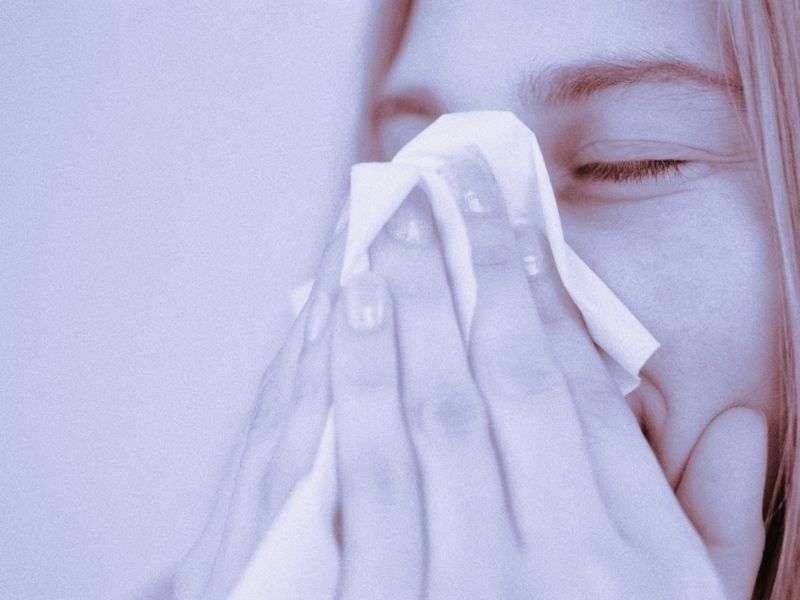Local allergic rhinitis often progresses over time

(HealthDay)—Patients with local allergic rhinitis (LAR) show worsening of rhinitis, greater tendency toward development of asthma, and impairment of quality of life after 10 years, but have a similar rate of development of allergic rhinitis with systemic atopy as controls, according to research published online Aug. 22 in Allergy.
Carmen Rondon, M.D., Ph.D., from the IBIMA-Regional University Hospital of Málaga in Spain, and colleagues examined the natural history of a population with LAR in a 10-year follow-up study of a cohort of 176 patients with LAR of recent onset and 115 age- and sex-matched controls.
The researchers found that LAR patients experienced a significant and clinically relevant worsening of the rhinitis after 10 years, with increase of emergency assistance, development of asthma, loss of allergen tolerance, and impairment of quality of life. After five years, the worsening became significant, and progressed throughout 10 years. Patients and controls had a similar rate of development of allergic rhinitis with systemic atopy (9.7 versus 7.8 percent; P = 0.623). Conversion to systemic atopic occurred after 10 years in five patients (3 percent).
"LAR is a well-differentiated clinical entity with a low rate of development of systemic atopy, a natural evolution towards worsening, and a risk factor for suffering asthma," the authors write.
More information:
Abstract
Full Text (subscription or payment may be required)
Copyright © 2017 HealthDay. All rights reserved.

















